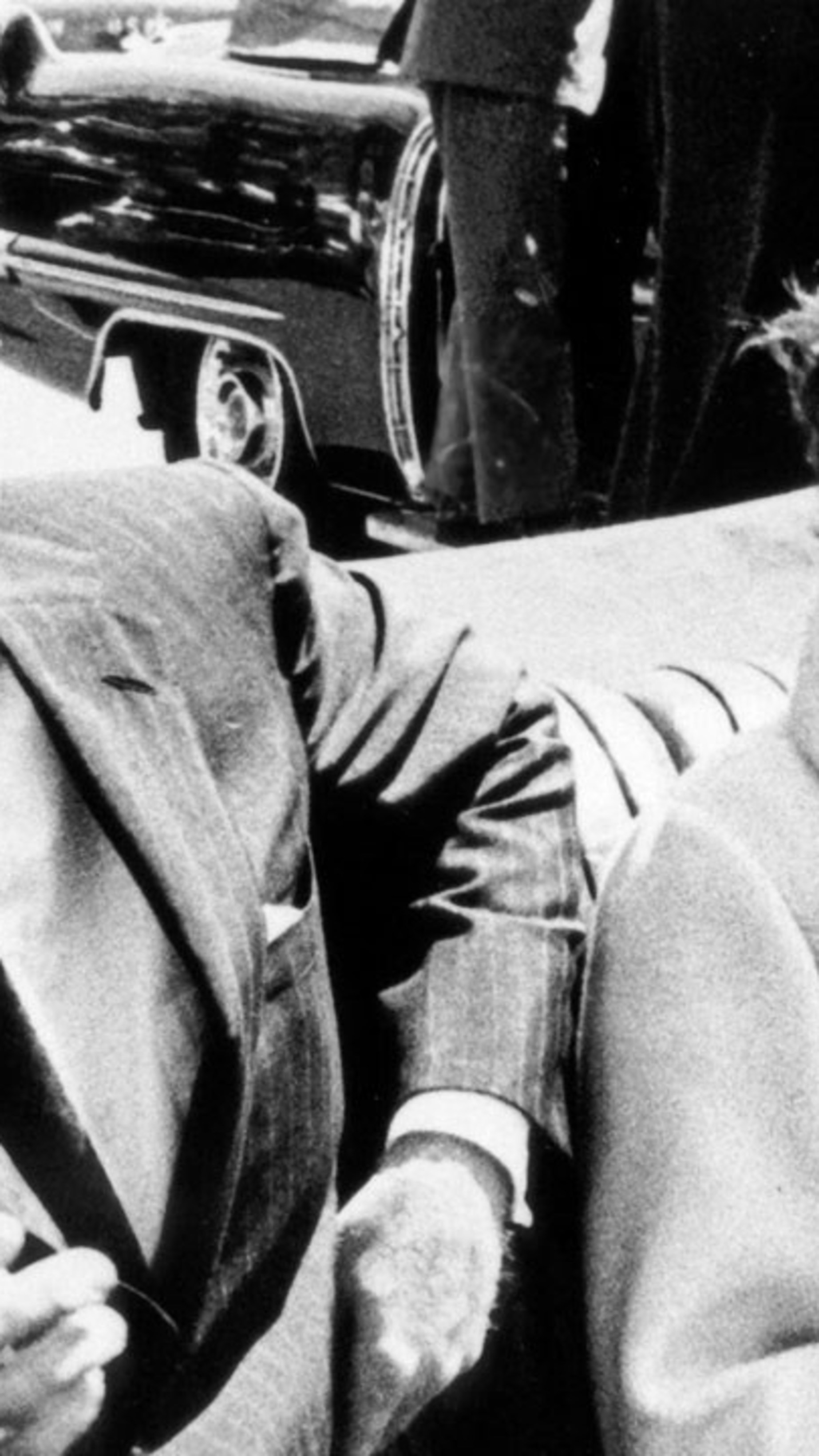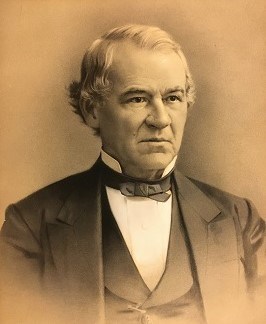
Ken Burns
Ken Burns is instantly recognisable. He has won more awards than any other documentary filmmaker and has received millions of viewers for his work. The Civil War attracted the most viewers and garnered more than 40 nominations. It also made Shelby Foote, Civil War photojournalist, a famous figure. Ken Burns' style has facilitated the expansion of history programming.
Burns' approach to a presidential document is not new. He has been making films every year for decades. This year, he is releasing a new film. He is releasing a film that will span six hours and consist of three parts about the U.S.’s role in the Holocaust. The film's title isn't yet set, but it will examine the question of how Americans knew about Holocaust and extermination.
Burns' films are set in the eighteenth and nineteenth centuries. Burns has documented the lives of many prominent Americans including Frank Lloyd Wright and Susan B. Anthony. His documentaries have been nominated for fifteen Emmy Awards and two Academy Awards. His films are now a major cultural and educational force that attracts millions of viewers.

Woodrow Wilson
Woodrow Wilson was an intelligent, progressive, and pacifist president who supervised America's rise to global power. His presidency was marked by controversial decisions such as his refusal to promote civil rights and poor physical stamina. This Woodrow Wilson presidential documentary examines these and other aspects about the man's personal and professional life.
Wilson is only partly recovered from his stroke when the series' first volume opens. Although he has to deal with domestic and international problems, his primary goal is for the Senate to approve of the Treaty of Versailles. The volume opens on Christmas Eve, 1920, during the final days of the Wilson administration. Wilson and his advisors fail create an effective plan, and the administration is in danger of falling apart. The cabinet will meet for the last time on March 1. Wilson is in an awkward position when the new German government refuses silence.
The documentaries were created and edited by a group of historians that included Dr. Asantewa Bolkyewa. She is the Smithsonian's Anacostia Community Museum supervisory program manger and was the former curator at President Wilson House Museum. Woodrow Wilson presidential documentaries are also authored by Dr. John Milton Cooper, who is professor emeritus of University of Wisconsin-Madison and author of Woodrow Wilson. Boakyewa was also interviewed. Dr. Sidney Bland is the author of Lucy Burns.
Robert Reiner
Robert Reiner has become a Hollywood liberal, but he's lost his edge as a director of crafty mainstream entertainment. His last film, "The American President", shows that Reiner is less a filmmaker than a ride operator. Reiner plays John Walcott (the Knight Ridder editor) in Shock and Awe. The film documents how two reporters exposed Bush's lies and how the media misrepresented the official story. It not only documents the terrible history of the war but also captures both the irreverent patter from journalists and the smugness shown by Bush administration cabinet officials.

The Story of Us, meanwhile, is similar to The American President in that its ending contradicts the film's premise and exists solely to give Michelle Pfeiffer a hero moment. Reiner's lacklustre feminist instincts mean that he is forced to embrace casual sexuality. Reiner's documentary filmmaking approach isn't particularly sexy. However, Reiner can still shine when given more quality material.
FAQ
What dark secrets are there in Hollywood?
Hollywood is full secret societies. Many secret societies are cult-like and follow rigid rules. Others are just clubs for people with common interests.
However, there are many other criminal organizations that hold much of the industry's power. Companies such as the MPAA, which determines film ratings, or the RIAA (Recording Industry Association of America), that set music licensing fees, are examples of these.
Numerous unions/guilds also represent actors and directors as well as writers, producers, and so forth. The majority of major television networks and movie studios are owned by large corporations.
It is obvious that, no matter how secretive or obtuse a group appears, someone knows exactly what they do. We shouldn't fear these people.
Instead, we should embrace them. Because they give us information that allows us to make better decisions.
They tell us what movies will likely succeed, what songs will be popular, and what books will best sell.
These help us to decide what we'll watch, read, listen, and buy.
Because we can trust them, we can ignore their advice when it conflicts with our tastes.
They are more powerful than ever because we chose to ignore them. They are the ultimate arbiters and judges of taste.
If you don't like their words, you can choose to ignore them.
Let's now look at some lesser-known, but still very real Hollywood secret organizations.
Observe why they are important.
Is there an Hollywood blacklist?
There is a Hollywood blacklist.
But, the list has not been made public. We don't know the names. But, here's why it matters.
The secret reason is that directors and actors who are on the blacklist would not be able to find employment. They would go out of business which would mean that studios would lose their money. Which means they'd cut back on spending money on movies. Which would mean fewer opportunities for the blacklisted filmmakers. This could lead to them going bankrupt.
This could eventually lead to more victims.
If someone attempts to make an Oscar-winning movie, they may be asked to sign a contract stating that they will not speak out against their employers. For any producer or director that wants to be nominated, the same applies.
That's why you hear stories about how producers pressure directors to remove scenes from their films. Or how directors threaten to walk away from projects that don't fit their vision.
This is why Hollywood keeps a blacklist. Negative comments about your employer will most likely lead to you being unemployed. This is not good news for anyone.
There are many people who have been falsely accused. They have had to fight for their freedom.
This must be stopped before it happens again. We must ensure that everyone has the right to express themselves freely.
We need to get rid of Hollywood's blacklist.
What is the most fascinating fact about the human body
We have two eyes, two ears, two nostrils, four limbs, a mouth, a nose, and a penis. You're correct, there are more than 50 parts in our bodies. But, one thing is missing. A heart.
A heart is the pump that circulates blood throughout a body. The blood moves through the veins. It transports oxygen and nutrients to your cells. It also removes carbon dioxide.
The heart pumps out approximately 5 liters of blood per minute. This amount is equivalent to an adult drinking 2-3 cups of coffee daily.
The blood flows throughout the heart 24/7, 365 days a calendar. While you are sleeping, your heart beats about 100 times per second.
You can tell whether someone is healthy or unhealthy because of the color of their skin. Capillaries are tiny blood vessels visible on the skin's surface. These tiny vessels transport blood from the larger blood vessels to the heart. If blood flow is blocked, skin can turn blue or purple.
People with sickle cell disease lack red blood cells. Patients with sickle cell disease have their blood become sticky and harden, leading to severe illness.
You can use a bandage to stop bleeding if your cut is severe. Blood must continue to flow to allow the wounds to heal properly. Doctors place a needle in the wound and insert it through the skin. This allows blood to drain from the area.
Doctors may also insert catheters (catheters), in an artery to treat a blood clot. This keeps the patient alive till the blood clot dissolves naturally.
Five interesting facts about your liver.
The liver is responsible in breaking down toxins, storing vitamins and mineral, and for regulating blood pressure. It also helps regulate blood pressure and keeps our body temperature stable.
Are you familiar with the expressions, "I feel sluggish today", or "my head feels heavy"? These symptoms may be a sign of liver disease.
Common signs include yellowing skin, dark urine, fatigue, nausea and vomiting, weight loss, stomach cramps (yellow coloration), itching, and jaundice (yellow colouration). These are not all the warning signs. If you feel any of these warning signs, consult your doctor immediately.
The liver, an essential organ, is vital. It is responsible for detoxification as well digestion, metabolism and immunity.
-
The average adult liver weights about 1,400g.
-
A baby's liver is about half the size of an adult's at birth. By age three, it is about four times larger than that of an infant.
-
The liver is located on the left side, just below your rib cage.
-
The liver has 16 main lobes, with many smaller lobules within the lobes.
-
Red blood cells make up approximately 10 million of the liver's total.
Statistics
- In fact, nearly 24% of U.S. women are affected with one or more pelvic floor disorders, according to research funded by the National Institutes of Health. (romper.com)
- The average human adult male heart rate is between 70 and 72 beats per minute, while the average for adult women is between 78 and 82 beats, which is significantly faster, according to 2014 published in the Journal of Clinical and Diagnostic Research. (romper.com)
- It might not sound like something that's truly plausible — and it is quite rare — but according to a 2015 study published in the Asian Cardiovascular & Thoracic Annals, it's possible to hurt yourself and even break a rib just by sneezing. (romper.com)
- According to a 2018 study published in Free Radical Biology & Medicine, this is because blood pressure is regulated by our innate circadian rhythm and internal clock. (romper.com)
- A 2012 paper published in the Proceedings of the National Academy of Sciences reported that people blink about 15 to 20 times each minute, meaning, if you do the math, you spend about 10% of the time that you're awake blinking. (romper.com)
External Links
How To
Hollywood scandals that shocked the world
It's shocking to see someone make a name for themselves. But, it's equally shocking to watch them fall from the graces.
It's fascinating to see how industries react to their mistakes. Many celebrities have used alcohol and drugs in excess. Some even died young because of it.
The worst thing is when these stars are made public about their problems and shunned. This is where we ended up last week.
After a long and successful career, Heath Ledger finally succumbed to his demons. He overdosed on prescription pills, and after a brief battle with death, he passed away.
His friends and family struggled to accept the loss of his son, while the media blasted him openly.
Heath was once thought to be one the greatest actors of all time. His performance in Brokeback Mountain earned him two Academy Awards nominations.
Heath, in addition to acting, also wrote and directed films such as A Knight's Tale (Monster's Ball) and Iron Man (3).
Hollywood loved Heath, however he soon grew too big for his good looks. He started to use drugs and drink heavily. Eventually, he went to rehab and came out clean.
He wanted to make amends now that he was sober. So he made a documentary called "Room 237," which chronicled the making of The Shining. It was supposed that it would be released this year but it won't make its debut in theaters until next.
Heath was unsuccessful in his attempts to get back into Hollywood. He was actually arrested twice for drug charges.
We're not saying Heath should have been allowed back into show business. But it would have been nice to get some help before things spiralled out of control.
We hope Heath's story will serve as a warning to others who may think they can still have everything.